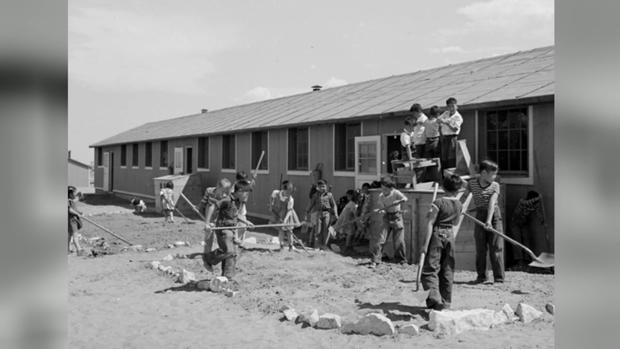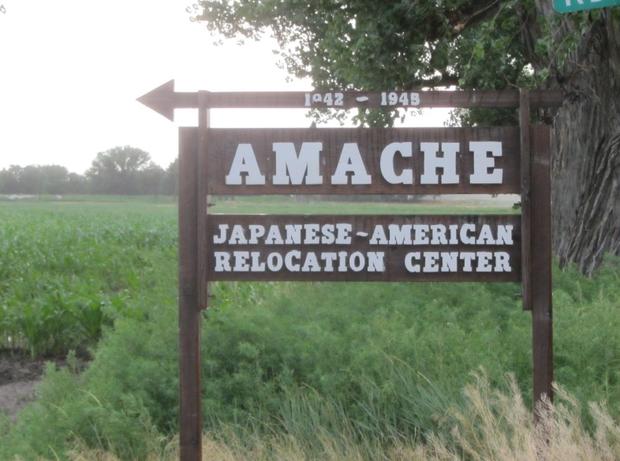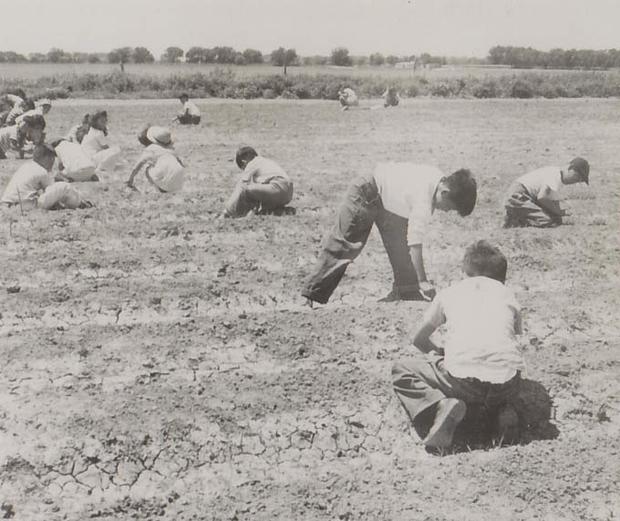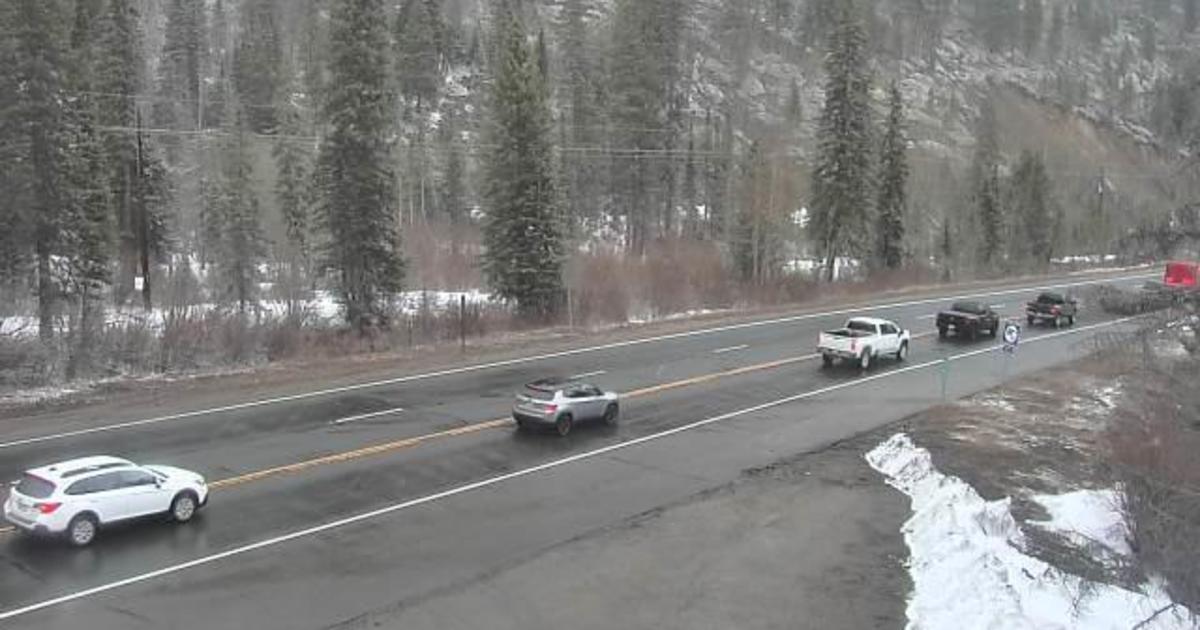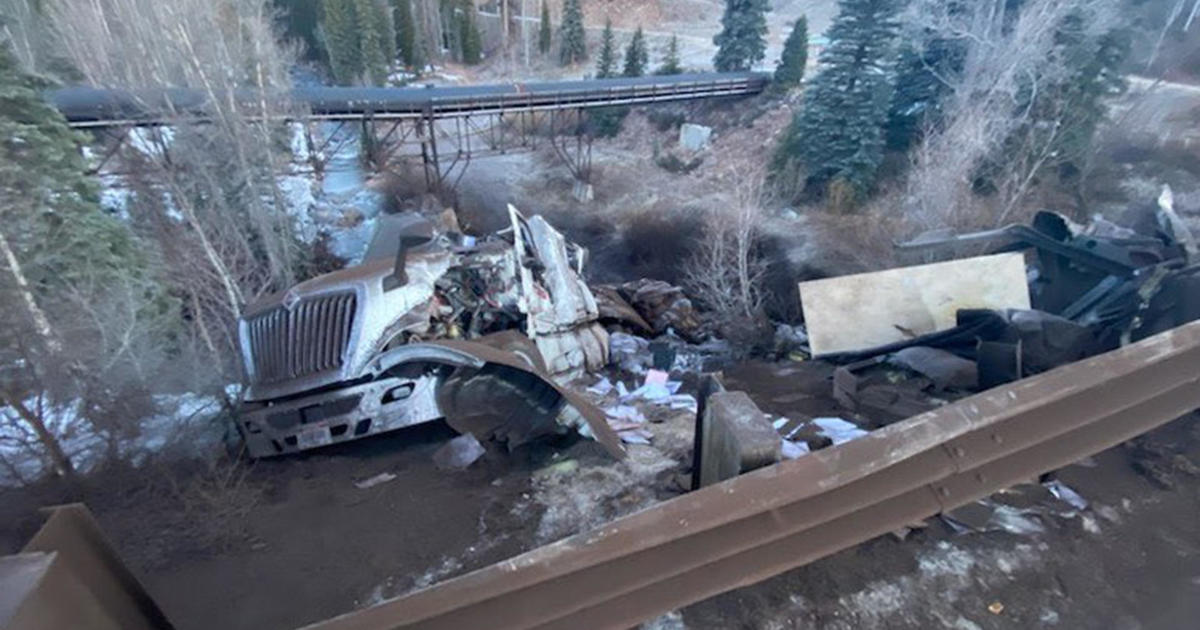Amache National Historical Site Act Moves Forward In Senate
GRENADA, Colo. (CBS4)- A former Japanese internment camp in southeastern Colorado is one step closer to becoming a national park. Camp Amache is found near Grenada, in southeastern Colorado.
According to a tweet from Colorado Congressman Ken Buck, the Amache National Historical Site Act has passed out of a Senate subcommittee. Buck is calling for the bill to make it to President Joe Biden's desk.
"The Amache National Historic Site Act recognizes the awful injustices committed against Japanese Americans who were placed in internment camps, while preserving the site for the citizens of Colorado — and the United States — to visit and learn from in the future," said Buck in a statement. "I am grateful to my colleagues in the House for voting to pass the act and applaud my colleagues on the Senate Committee on Energy and Natural Resources for moving it forward. I hope our Senate counterparts continue to prioritize swift passage for those who were detained at Camp Amache, and their families."
The Senate Committee on Energy and Natural Resources heard the bill, with Sen. John Hickenlooper speaking in favor of the bill at Wednesday's hearing.
"The Amache National Historic Site would provide an unparalleled opportunity for Coloradans and Americans to learn about the horrors of Japanese internment, and ensure that our collective memory of these atrocities does not diminish with time," Hickenlooper said while discussing the bill with a National Park Service witness.
Lawmakers representing Colorado are pushing for the bill to make the camp's history more visible to the general public. Sens. Michael Bennet and Hickenlooper and Reps. Ken Buck and Joe Neguse introduced the Amache National Historic Act earlier this year to make sure the camp is more than a footnote in history.
"The forced removal of Japanese Americans during World War II to incarceration facilities like Amache is a shameful and dark period in American history that we must never forget," said Bennet in a statement. "Adding Amache to the National Park System preserves its story to help future generations learn from our mistakes. I'm glad the Senate held a hearing on this important bill, and I'll continue working to get this over the finish line."
"The landscapes, cultural places, and stories we choose to protect reflect our values as a nation. And the story of Amache is an important one, " said Neguse, Chair of U.S. House Subcommittee on National Parks, Forests and Public Lands, in a statement. "As Chair of the U.S. Subcommittee on National Parks, Forests and Public Lands I was proud to usher our bill to designate the Amache National Historic Site through the House in a matter of months. I urge the Senate to move with the same swift urgency to consider and pass this bipartisan bill. Designation of Amache as a National Historic Site will help us to honor and preserve the stories of many survivors who lived through this dark moment in our nation's history, and provide education and healing for future generations. Our bill has broad, expansive support and completing the designation will honor all Amache survivors and descendants."
Gov. Jared Polis sent a letter to the National Park Service to express his support for the designation.
"As a former Amachean and as a volunteer for the Amache Field School, I have learned the importance of having Amache as a National Park unit, as it would illustrate the hardships and the perseverance of the incarcerated people. It would also point to the injustice of their being placed there, simply because of their ethnicity, not because of what they had done. Most importantly, it would signify the reasons that further groups, such as Muslims, should not be treated as were the Japanese Americans—there have been hints of this in current times," said Carlene Tanigoshi Tinker, Amache survivor, in a statement.
About 7,500 Japanese Americans were forcibly removed from their homes in the 1940s, after the attack on Pearl Harbor. Two-thirds of them were U.S. citizens.
The Amache site was one of 10 illegal internment camps created during World War II.
According to Congress, "This bill establishes the Amache National Historic Site in Colorado as a unit of the National Park System to preserve, protect, and interpret for the benefit of present and future generations resources associated with the incarceration of civilians of Japanese ancestry during World War II at Amache, also known as the Granada Relocation Center, and the military service of incarcerees at the Granada Relocation Center."
